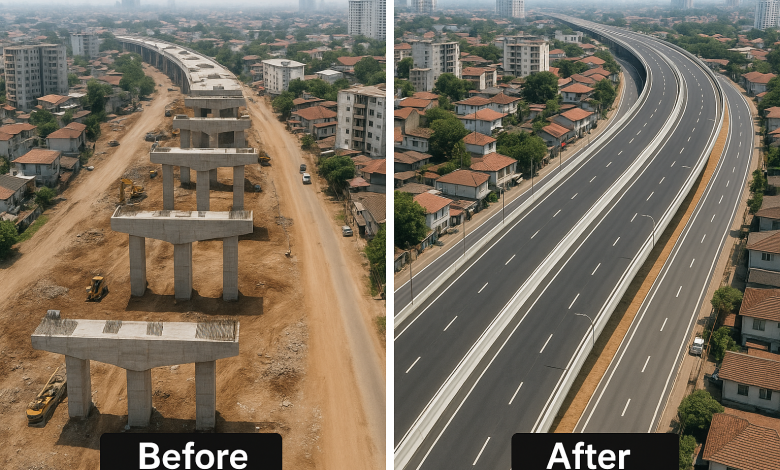The Democratic Dilemma: When Governance Gets in the Way of Progress

By ThabaniZororai | Political Commentary
Democracy is often sold as the gold standard of governance—an idealistic model where the people rule, transparency thrives, and checks and balances prevent tyranny. Yet, in practice, democracy can be a double-edged sword. Particularly when it comes to swift decision-making and national development, democracy becomes less of a facilitator and more of a brake pedal.
Take the United States, often hailed as the beacon of global democracy. While its institutions are robust and enduring, its decision-making processes are frequently bogged down by partisan gridlock, bureaucratic red tape, and endless litigation. Ironically, behind this façade of deliberation lies a silent acknowledgment of democracy’s inefficiency—executive orders, emergency declarations, and classified operations routinely bypass public and congressional scrutiny in the name of expediency.
The reality is simple but inconvenient: pure democracy, without adaptive loopholes, stifles progress. Development in the modern world requires agility, technocratic authority, and political will—traits that don’t always align with the slow consensus-driven nature of democratic systems.
Compare this to the rapid ascent of China—a country that, while criticized for authoritarianism, has turned its political centralization into a tool for economic transformation. Massive infrastructure projects, technological leaps, and long-term planning are executed with clinical precision, unencumbered by public referenda or parliamentary delays.
This doesn’t suggest authoritarianism is the answer, but it underscores a critical point: development requires decisive leadership. Even in the most advanced democracies, leaders often rely on quasi-authoritarian instruments to overcome the friction of governance. The U.S. Federal Reserve, for instance, operates independently of elected bodies, making bold economic decisions without a popular vote. Intelligence agencies conduct foreign policy actions that never appear on the public radar. These are the “soft spots” in democracy—necessary evils to ensure the system functions in a fast-paced, competitive world.
Zimbabwe, and Africa more broadly, must learn from this nuanced truth. Blindly copying Western democratic models without accounting for the need for speed and national coherence can trap countries in cycles of consultation, activism, and stunted development. What’s needed is a hybrid model—where democratic principles coexist with streamlined decision-making frameworks, informed by national interest and shielded from political theatre.
Democracy should not be abandoned. But it must evolve.
In this new era of global realignment and geopolitical competition, development cannot wait for endless debates. The people may be the custodians of power—but their aspirations are best served by results, not rituals.




